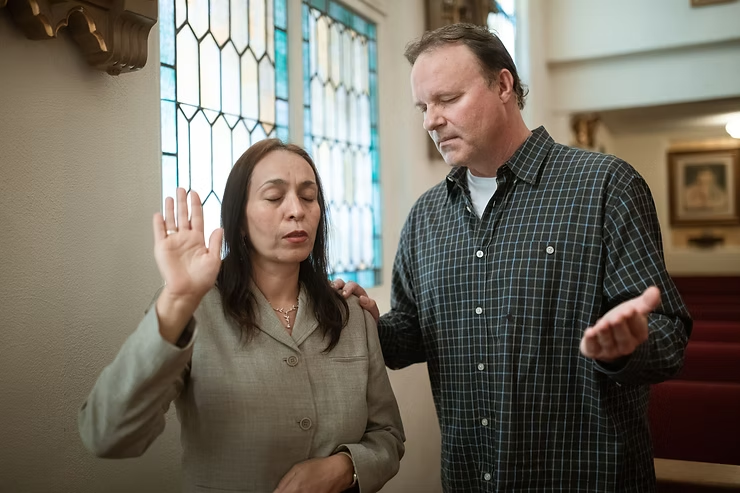The Liberating Power of Biblical Forgiveness
More than an emotional response, forgiveness is a spiritual discipline that mirrors Christ’s redemptive work (Colossians 3:13).
1. What Forgiveness Is—And Isn’t
- Not: Excusing harm or denying pain
- Is: Releasing revenge to God (Romans 12:19)
- Not: Instant emotional healing
- Is: A willful obedience that precedes feelings
2. The Freedom of Forgiveness
Emotional Liberation
Letting go of resentment’s toxic weight
Physical Benefits
Reduced stress and improved health
Spiritual Breakthrough
Restored connection with God (Matthew 6:15)
Relational Restoration
Potential for reconciliation where possible
3. The Forgiveness Process
- Name the Hurt: Honestly acknowledge the pain
- Grieve the Loss: Allow healthy mourning
- Decide to Forgive: Make the choice regardless of feelings
- Release the Debt: Cancel what’s owed (metaphorically or literally)
- Pray for Your Offender: Follow Jesus’ command (Luke 6:28)
4. When Reconciliation Isn’t Possible
- Forgiveness doesn’t require restored trust
- Maintain boundaries with toxic individuals
- Entrust justice completely to God
5. The Ripple Effect of Forgiveness
Your choice to forgive can:
- Break generational cycles of hurt
- Model Christ’s love to observers
- Create opportunities for others’ redemption
Your Forgiveness Journey
This week: 1) Write a letter you’ll never send 2) Memorize Ephesians 4:32 3) Perform one act of kindness toward someone who hurt you.

